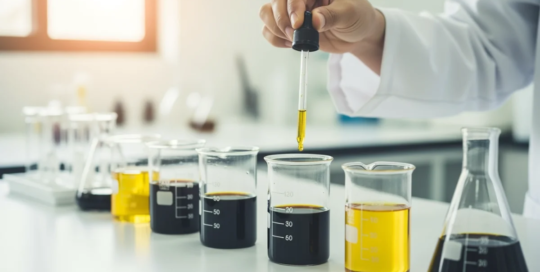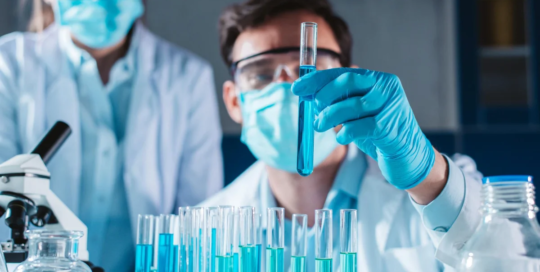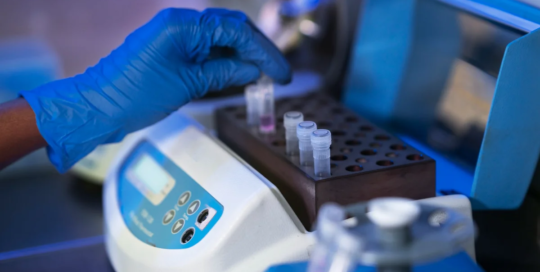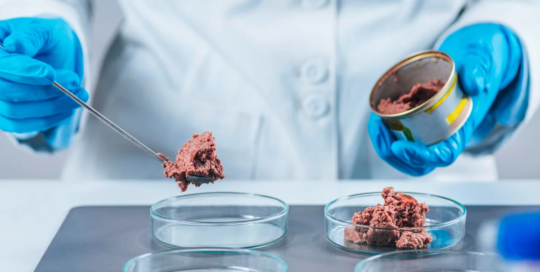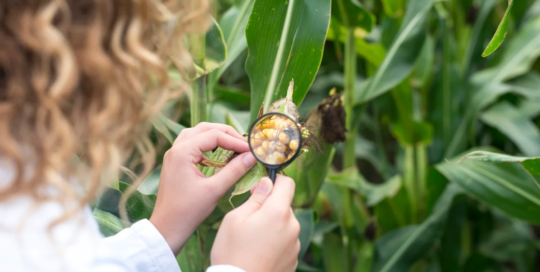Operate equipment used for the release, control, or utilization of nuclear energy to assist scientists in laboratory or production activities.
Geological sample test technicians
2025-09-04T10:48:49-06:00Test or analyze geological samples, crude oil, or minerals to detect presence of petroleum, gas, or mineral deposits indicating potential for exploration or production or to determine physical or chemical properties to ensure that products meet quality standards.
Geophysical data technicians
2025-09-04T10:45:31-06:00Measure, record, or evaluate geological data, using sonic, electronic, electrical, seismic, or gravity measuring instruments to prospect for oil or gas. They collect or evaluate core samples or cuttings.
Chemical technicians
2025-09-04T10:40:21-06:00Conduct chemical and physical laboratory tests to assist scientists in making qualitative and quantitative analyses of solids, liquids, and gaseous materials for research and development of new products or processes, quality control, maintenance of environmental standards, and other work involving experimental, theoretical, or practical application.
Biological technicians
2025-09-04T10:36:37-06:00Assist biological and medical scientists in laboratories. They set up, operate, and maintain laboratory instruments and equipment, monitor experiments, make observations, and calculate and record results. They analyze organic substances, such as blood, food, and drugs.
Food science technicians
2025-09-04T10:31:39-06:00Perform standardized qualitative and quantitative tests to determine physical or chemical properties of food or beverage products.
Agricultural technicians
2025-09-04T10:24:51-06:00Set up or maintain laboratory equipment and collect samples from crops or animals. They prepare specimens or record data to assist scientists in biology or related life science experiments.
Transportation planners
2025-09-04T10:16:44-06:00Prepare studies for proposed transportation projects. They gather, compile, and analyze data. They study the use and operation of transportation systems. They develop transportation models or simulations.
Political scientists
2025-09-04T10:04:18-06:00Study the origin, development, and operation of political systems. They study topics, such as public opinion, political decision making, and ideology. They analyze the structure and operation of governments, as well as various political entities. They conduct public opinion surveys, analyze election results, or analyze public documents.
Historians
2025-09-04T10:00:49-06:00Research, analyze, record, and interpret the past as recorded in sources, such as government and institutional records, newspapers and other periodicals, photographs, interviews, films, electronic media, and unpublished manuscripts, such as personal diaries and letters.

